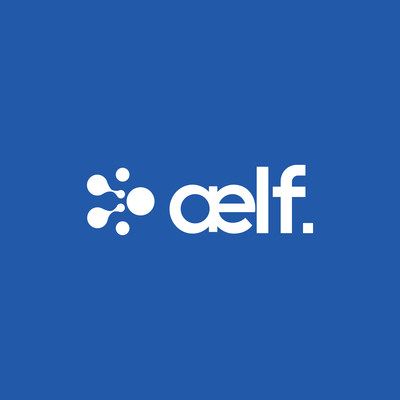
For years, governments around the world have been floundering with the challenge of how to respond to cryptocurrencies and blockchain technology. The Chinese Government has not been immune to the controversy taking a publicly conservative stance towards many aspects of the cryptocurrency world. However, a lesser known fact is that the Chinese Government has been regarding blockchain technology and its potential with a positive view. Starting 2017, China Electronics Technology Standardization Institute (CESI) – a government authorized institution founded in 1973, has been conducting Standard Blockchain System Function Test in order to pressure test and certify the top blockchain projects operating in China. Since inception, the organization has certified only 30 projects globally, including Lenovo, Alipay, and most recently, aelf.
The underlying thought behind this organization lies in the belief in the technology. Despite the appearance shared internationally because of its conservative stance on crypto currency, China in fact understands the benefits and application potential of the technology. At the launching ceremony and the first academic seminar of the Digital Finance Open Research Program held on July 8, 2019, Xin Wang, director of People’s Bank of China Research Bureau and head of the Monetary and Financial Bureau, remarked on the potential of blockchain based financial solutions.
“We need to strengthen the construction of digital financial solutions (based on blockchain). There are various technical shortcomings involving the current financial infrastructure in areas of privacy protection and the system security against malicious attacks.”
The creation of the Standard Blockchain System Function Test shows that China is on the forefront when compared with governments around the world, in regards to regulatory and development solutions. While many governments are struggling to regulate blockchain projects, China has taken a decisive stance and developed extensive guidelines and tests to validate the previously uncharted technology. The certification provides a standard that can be used by the general public and other enterprises to judge the foundation of the projects that otherwise would be difficult without the knowledge and manpower to independently conduct the validation.
Currently there is no obligation for any project to apply for certification, but those that do apply undergo rigorous testing and scrutiny to verify the quality of all aspects of the technology. Upon having an application approved, the project will then receive a visit from specialized government agents who complete a comprehensive process consisting of over 40 pages of tests and analysis. The test is so complex and difficult that a pass constitutes of a score above 60%. From application to certification, the process takes almost 4 months. Out of an unverified number of applicants, only 30 projects have received certification over the course of the past 2 years.
Aelf is the latest to receive certification and is the first international blockchain focused company to receive the globally recognized status with a score of over 90%. They have now joined the ranks with Lenovo and Alipay. Aelf’s CEO and Founder, Ma Haobo stated, “This certification shows the quality and core ability of not only our developers, but our blockchain platform. It is designed to meet the strict quality large enterprises are given to expect, and indeed require, to ensure they can function at the performance their clients expect.” He went on to explain that this certification is something other governments should take notice of and employ to aid in their ever-evolving regulatory solutions.
